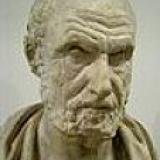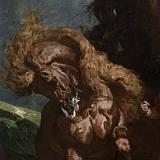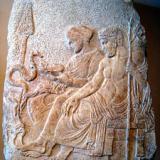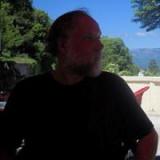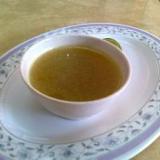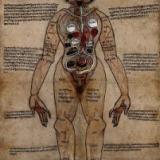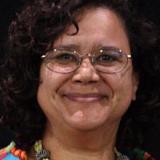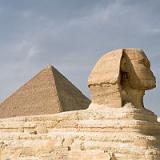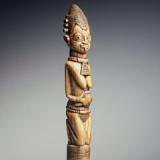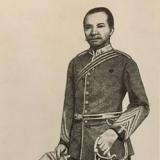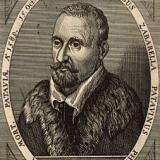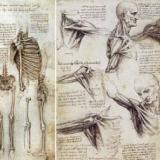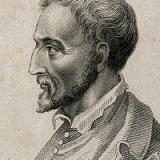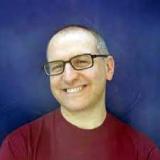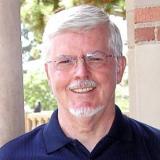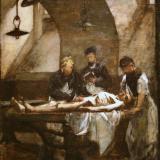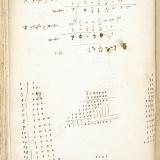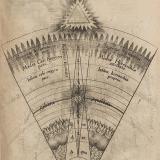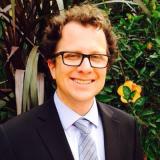Medicine
Posted on
Early Greek medicine up until Hippocrates, and its relation to Pre-Socratic philosophers like Empedocles.
Posted on
Sextus Empiricus, the last great ancient skeptic, expounds a radical branch of the tradition called Pyrrhonism. Peter raises some doubts about how to interpret him.
Posted on
The ancient relationship between medicine and philosophy culminates in Galen, who passes judgment on the three main “sects”: rationalism, empiricism and methodism.
Posted on
Jim Hankinson, a leading expert on philosophical themes in Galen, joins Peter to discuss this greatest doctor of the ancient world.
Posted on
A double dose of Peters, as Pormann joins Adamson to discuss medicine and philosophy in the Islamic world.
Posted on
Drawing on Galen and Aristotle, philosophers from al-Kindi to Miskawayh compose ethical works designed us to achieve health in soul, as well as body.
Posted on
Philosophical aspects of Ayurveda, focusing on the oldest surviving medical treatise, the Caraka-Saṃhitā.
Posted on
An interview with Monica Green reveals parallels between medicine and philosophy in the middle ages.
Posted on
Ancient Egyptian figures and writings including the Pyramid Texts, Imhotep, and the "first monotheist" Akhenaten reflect on the nature of things and questions of morality.
Posted on
Special forms of knowledge and the explanation of misfortunes in African tradition.
Posted on
Africanus Horton looks toward a future of self-government for West Africa beyond slavery and colonialism.
Posted on
Jacopo Zabarella outlines the correct method for pursuing, and then presenting, scientific discoveries.
Posted on
Connections between philosophy and advances in medicine, including the anatomy of Vesalius.
Posted on
The polymath Girolamo Cardano explores medicine, mathematics, philosophy of mind, and the interpretation of dreams.
Posted on
An interview with Guido Giglioni, who speaks to us about the sources and philosophical implications of medical works of the Renaissance.
Posted on
Brian Copenhaver joins us to explain how Ficino and other Renaissance philosophers thought about magic.
Posted on
Comets! Magnets! Armadillos! In this wide-ranging interview Lorraine Daston tells us how Renaissance and early modern scientists dealt with the extraordinary events they called "wonders".
Posted on
Challenges to Galenic medical orthodoxy from natural philosophy: Jean Fernel with his idea of the human’s “total substance,” and the Paracelsans.
Posted on
How scientists of the Elizabethan age anticipated the discoveries and methods of the Enlightenment (without necessarily publishing them).
Posted on
Our last figure of the English Renaissance undertakes daring investigations of chemistry, medicine, agriculture, and cosmology – and gets accused of magic and Rosicrucianism.
Posted on
In this interview we learn about the main issues in modern-day philosophy of disability, and the relevance of this topic for the European encounter with the Americas.

